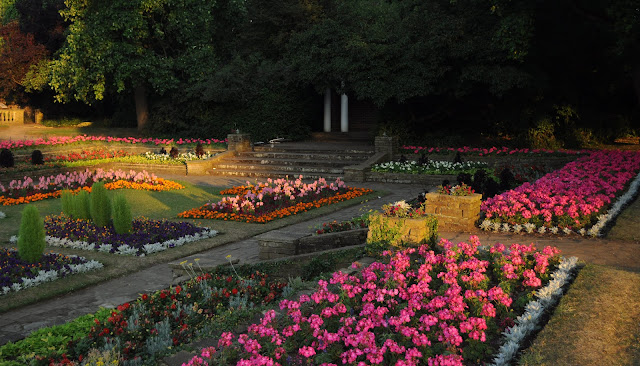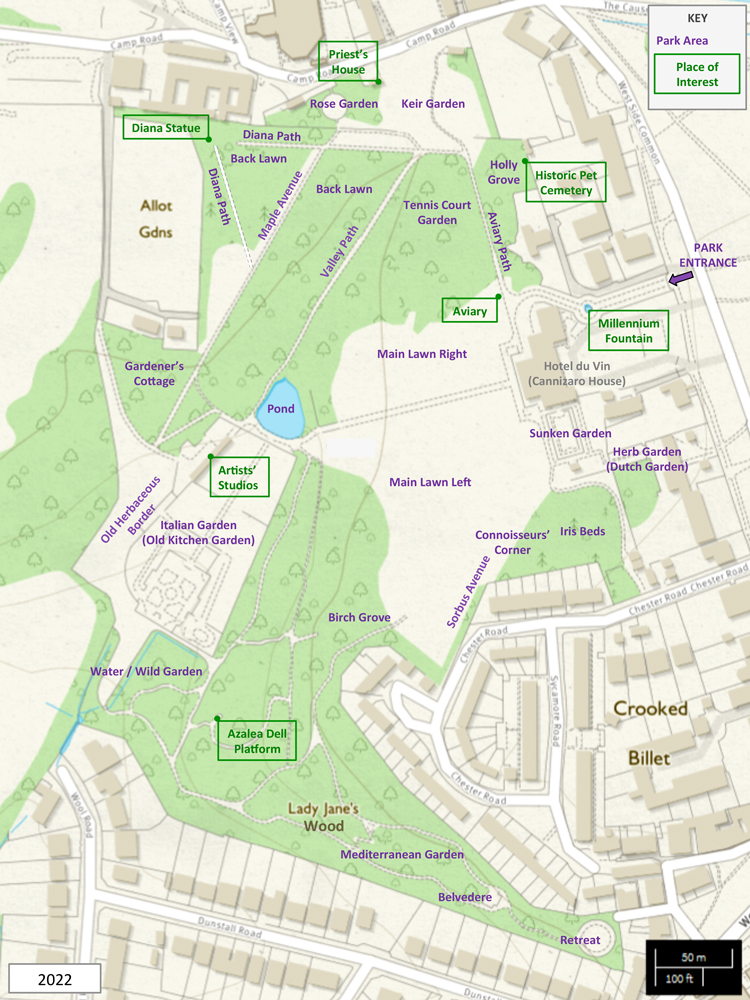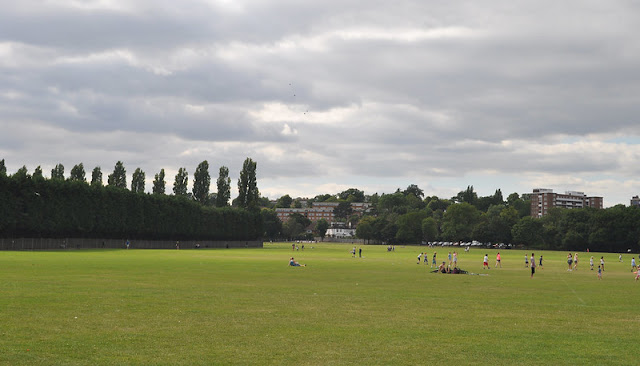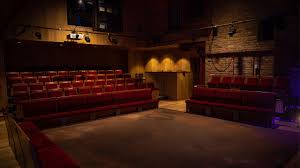Exploring Wimbledons Green Spaces - Cannizaro Park
Visiting Cannizaro Park - Wimbledon
 |
| sstevekeiretsu - flickr |
About Cannizaro Park
Cannizaro House's grounds have been turned into a public park, maybe the best public example of the type of huge garden that London mansions possessed in the nineteenth century. It contains a pool, a woodland garden, and a 'formal garden' with superb summer bedding.
The much-loved and popular Grade II* listed park situated off West Side of Wimbledon Common, has a lengthy history, including time as part of the Duke of Cannizaro's Estate until becoming a public park in 1949 when Merton Borough Council adopted it. Its Grade II* designation is owing to the historic landscape elements and the outstanding trees and plants, which appeal to both horticulturists and gardeners as well as people who come for a walk, a picnic, or simply to enjoy the peace and quiet in the park's many hidden sections.
Since 1987 it has been a Grade 2* listed English Heritage garden,
boasting one of the country's finest collections of rhododendrons,
azalias and rare trees. It is also rich in wildlife. An open air concert
festival is held there every summer as well as art exhibitions.
The estate was founded in the early 1700s. Thomas Walker, an intimate friend of Britain's first Prime Minister, Sir Robert Walpole; John Lyde-Brown, governor of the Bank of England, who amassed a classical sculpture collection sold to Catherine the Great of Russia; and Henry Dundas Viscount Melville, Home Secretary and under Prime Minister William Pitt the Younger.
Dundas lived there from 1785 until 1806 and Pitt was a frequent visitor. After military assessments on Wimbledon Common, King George III also had breakfast at Warren House.
Throughout the nineteenth century, Cannizaro's renown grew. Lord Aberdeen, a later premier under Queen Victoria, was among the famous residents. Visitors included British and international nobility, as well as famous writers such as Lord Tennyson, Oscar Wilde, and Henry James.
Cannizaro House
Cannizaro House is now a Hotel . Hotel Du Vin Cannizaro
Cannizaro House's grounds have been turned into a public park, maybe the best public example of the type of huge garden that London mansions possessed in the nineteenth century. It contains a pool, a woodland garden, and a 'formal garden' with superb summer bedding.
The much-loved and popular Grade II* listed park situated off West Side of Wimbledon Common, has a lengthy history, including time as part of the Duke of Cannizaro's Estate until becoming a public park in 1949 when Merton Borough Council adopted it. Its Grade II* designation is owing to the historic landscape elements and the outstanding trees and plants, which appeal to both horticulturists and gardeners as well as people who come for a walk, a picnic, or simply to enjoy the peace and quiet in the park's many hidden sections.
Since 1987 it has been a Grade 2* listed English Heritage garden,
boasting one of the country's finest collections of rhododendrons,
azalias and rare trees. It is also rich in wildlife. An open air concert
festival is held there every summer as well as art exhibitions.
The estate was founded in the early 1700s. Thomas Walker, an intimate friend of Britain's first Prime Minister, Sir Robert Walpole; John Lyde-Brown, governor of the Bank of England, who amassed a classical sculpture collection sold to Catherine the Great of Russia; and Henry Dundas Viscount Melville, Home Secretary and under Prime Minister William Pitt the Younger.
Dundas lived there from 1785 until 1806 and Pitt was a frequent visitor. After military assessments on Wimbledon Common, King George III also had breakfast at Warren House.
Throughout the nineteenth century, Cannizaro's renown grew. Lord Aberdeen, a later premier under Queen Victoria, was among the famous residents. Visitors included British and international nobility, as well as famous writers such as Lord Tennyson, Oscar Wilde, and Henry James.
Cannizaro House
Cannizaro House is now a Hotel . Hotel Du Vin Cannizaro
Cannizaro House is now a Hotel . Hotel Du Vin Cannizaro
"Nestled in the heart of Wimbledon Village is Hotel du Vin Wimbledon, a remarkable blend of Georgian elegance and boutique comfort. Once a restored Georgian mansion, our enchanting hotel now welcomes guests into a world of warmth and hospitality, brimming with character and stories. And with the iconic Wimbledon Tennis Club, high-end restaurants, and unique shops merely a stone's throw away, exploration is on your doorstep."
Things to Do in Cannizaro Park
Facilities
- Lakes, ponds and other water features
- Gardens, including: Sunken Garden, Azalea Dell, Water Garden, Italian Garden, Mediterranean Garden and Rose Garden.
- Trees and woodland
- Cafe
- Nature conservation interest
- Public conveniences
- Disabled conveniences (external DC Radar accessible)
Opening hours
The locking process normally begins around sunset and takes some
hours to complete. You should leave the park at dusk to avoid being
locked inside the park.
Day
Open
Close
Monday - Friday
8 AM
Dusk
Saturday, Sunday and Bank Holidays
9 AM
Dusk
The locking process normally begins around sunset and takes some hours to complete. You should leave the park at dusk to avoid being locked inside the park.
| Day | Open | Close |
|---|---|---|
| Monday - Friday | 8 AM | Dusk |
| Saturday, Sunday and Bank Holidays | 9 AM | Dusk |
Location
Cannizaro Park is located to the west of
Cannizaro House and Westside Common and is bounded by Dunstall Road, the
Royal Wimbledon Golf Course, and the allotments on Camp Road.
The main entrance is on Common Westside,
immediately next to Cannizaro House Hotel. A second entrance is located
further along a short lane from the allotments off camp Road.
Cannizaro Park is located to the west of Cannizaro House and Westside Common and is bounded by Dunstall Road, the Royal Wimbledon Golf Course, and the allotments on Camp Road.
The main entrance is on Common Westside, immediately next to Cannizaro House Hotel. A second entrance is located further along a short lane from the allotments off camp Road.
Transport
- Train: Wimbledon Station and 93, 200 or 493 bus
- Tram: Wimbledon Station and 93, 200 or 493 bus
- Buses: 93, 200 or 493 to Wimbledon Village
- Using Wimbledon Taxi Service
- Train: Wimbledon Station and 93, 200 or 493 bus
- Tram: Wimbledon Station and 93, 200 or 493 bus
- Buses: 93, 200 or 493 to Wimbledon Village
- Using Wimbledon Taxi Service





Comments
Post a Comment